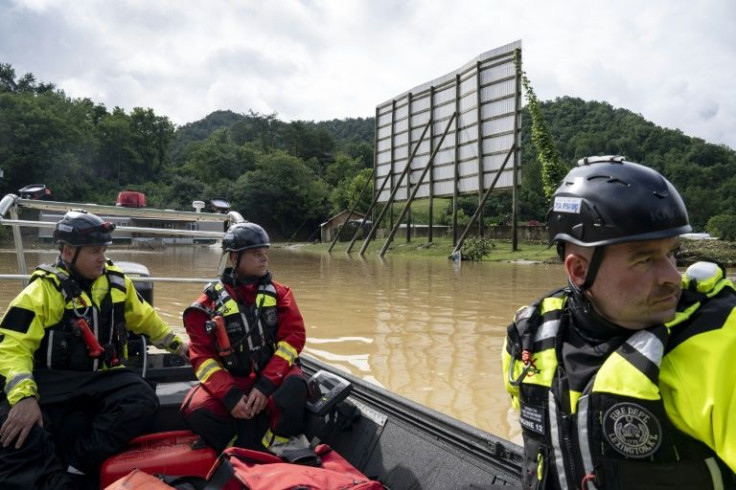Pew Poll Shows Few Religious Americans Believe Climate Change Is A Real Problem

Many highly religious Americans don't consider climate change to be a serious problem, a recent Pew Research Center survey found.
The survey found people who pray daily and include religion in most aspects of their daily life are far less likely to express concern about climate change than other Americans. Of those surveyed, three in 10 evangelicals said climate change is not a severe problem because God controls the climate.
The survey was conducted between April 11 to 17 of this year and surveyed 10,156 adults across multiple religious, racial and cultural backgrounds.
Of Americans who identify as highly religious, only 8% are "very concerned" about climate change. Overall, the survey found the less religiously active are more likely to be concerned about climate change and civically engage in activities to protect the environment.
While many Americans say that stewardship and protecting the earth are fundamental principles of their religion, the survey found that political party is significant in religious attitudes toward the environment.
"Highly religious Americans are more inclined than others to identify with or lean toward the Republican Party," the report said. The report also said that the Republican Party historically tends to be less likely than the Democratic Party to believe that human activity contributes to climate change.
"The highly religious and not very concerned about climate change are predominantly White (79%), with smaller shares identifying as Black (9%), Hispanic (7%), Asian (2%), or another race or multiple races (3%)," the survey states.
Less religious people are more likely to believe climate change is a serious problem than their highly religious peers. People who are less religious or do not identify as following a religion are overwhelmingly more likely to believe that human activity is causing climate change. In contrast, highly religious Americans are less concerned about climate change and less convinced that human activity is to blame.
A key finding from the survey was the amount of time congregations focus on climate change and how those numbers correlate to individual opinion. Only 8% of Americans who attend religious services said they hear a great deal about climate change in sermons, and only 6% of those who attend services said they talk a great deal about climate change with their congregation.
© Copyright IBTimes 2025. All rights reserved.





















